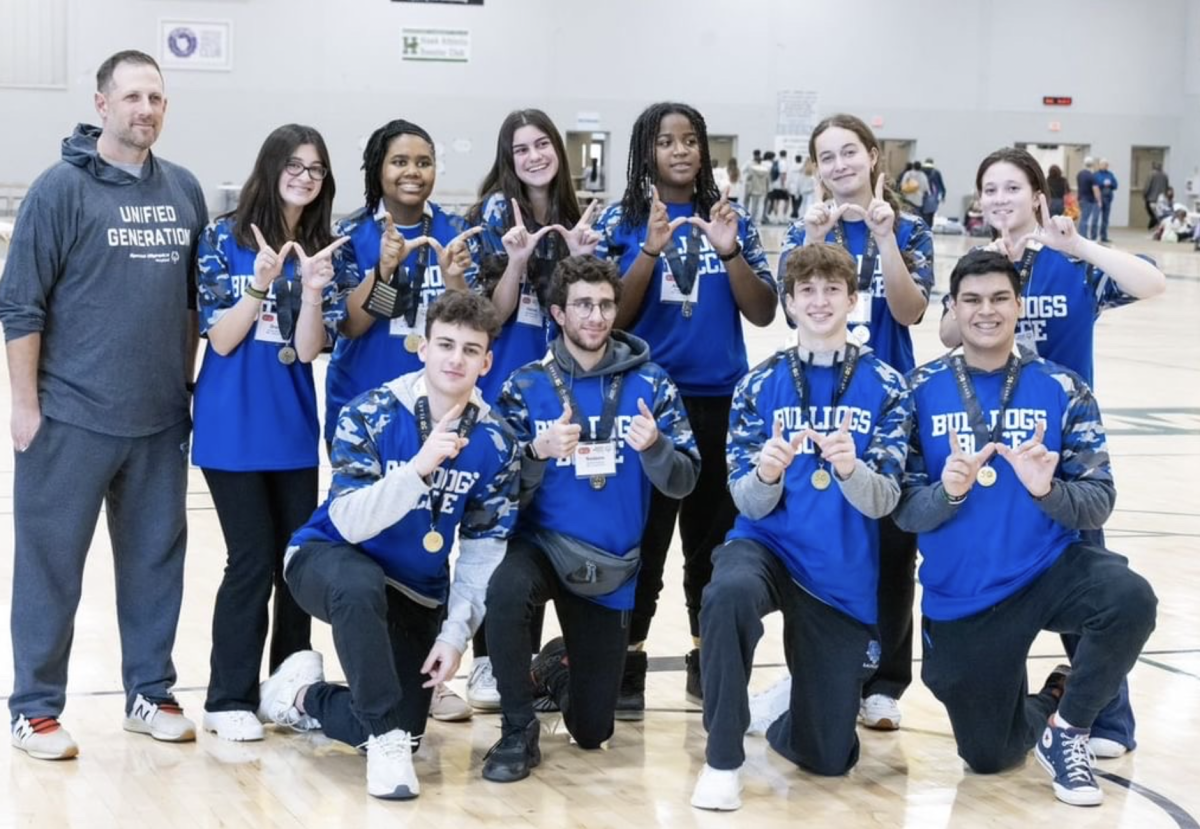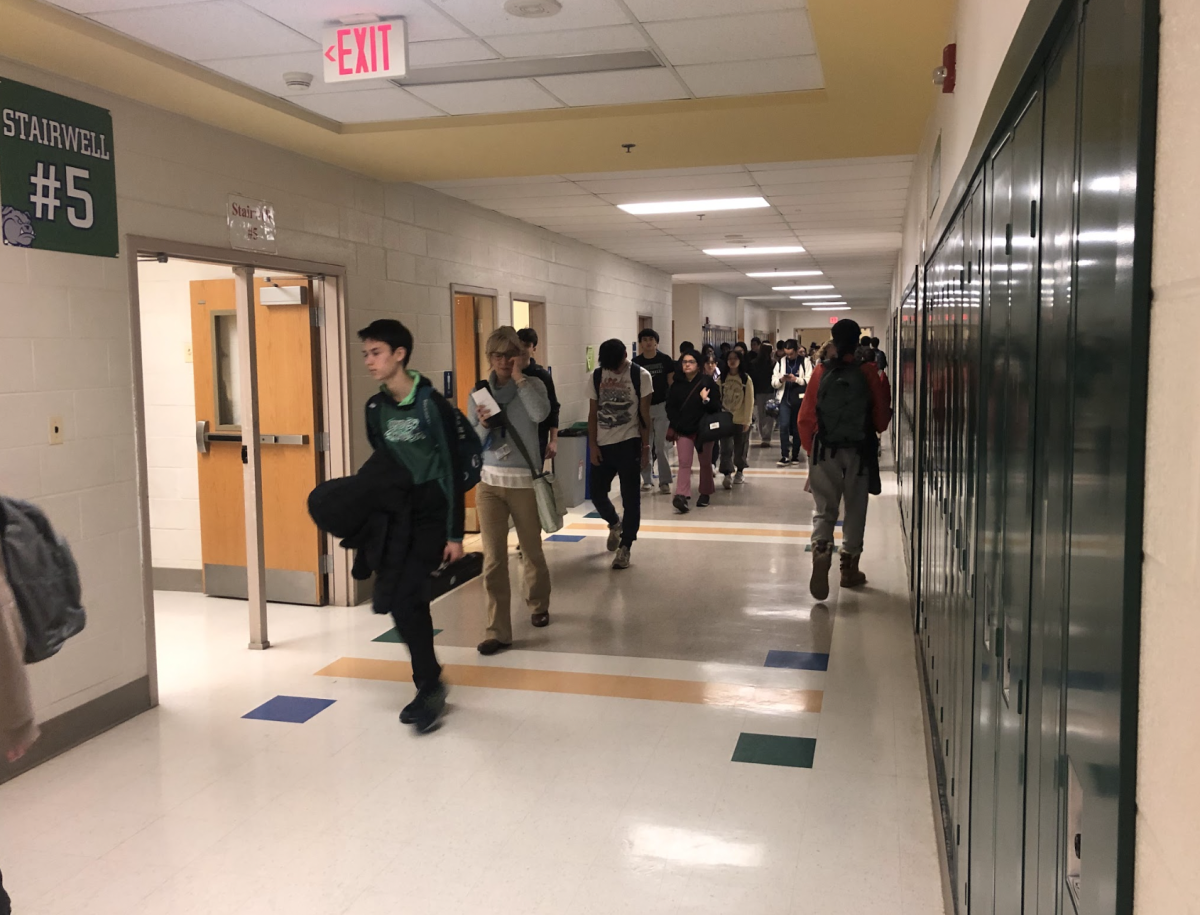Two students involved in last year’s hacking scandal are back in the spotlight, this time with a plea for forgiveness and a program aiming to help students cope with the various pressures of high school.
Seniors Bradley Boyland and Bradley Rotter created Teen Talks, and held their first meeting Sept. 20 in room 126, with the goal of helping their fellow students deal with different kinds of peer pressure, including cheating, drugs and alcohol.
“We want kids to be able to talk to someone instead of making a bad decision because they had no one to talk to,” Rotter said.
Boyland and Rotter are hoping that this program will be one way that they earn back the respect of the CHS community.
“We felt like we had to do something if we were going to go back to [CHS],” Boyland said. “Everyone’s going to know what we did and who we are, so if [we] go in with a positive mentality, it makes [going back] easier.”
According to Rotter, Teen Talks is a good outlet for students because it can be easier to talk to a peer than an adult. In order to create a safe environment, Rotter and Boyland ensure that all statements made will remain confidential.
Teen Talks is only one way Boyland has begun to apologize for his previous actions, and the CHS community has responded with mixed reactions.
“I tried to apologize to most of my last year’s teachers, and I think most of them accepted my apology,” Boyland said. “A few teachers said they were proud, and a few said they accepted [Teen Talks] as a good apology.”
According to Chemistry teacher Jodi Boppana who currently teaches one of the students, she will be open-minded and give the boys a second chance.
“As a parent and a teacher, I feel every human being deserves a second chance,” Boppana said. “You can’t decide [a person’s] fate based on their actions as a teenager, provided they realize their mistakes. If they repeat their mistakes, then it’s a point of no return.”
Although Boyland and Rotter feel that their experiences make them qualified to give advice, some others are skeptical.
“What makes these kids, some of the most lacking in integrity, qualified to lead groups through their issues of peer pressure?” English teacher Kevin Brown questioned.
On the other hand, Principal Joan Benz, like Rotter and Boyland, feels teens talk more openly with each other than with adults and that the program will be successful.
“I think that they will have some very positive information to share,” Benz said.
However, some students do not believe Rotter and Boyland will follow through with the program.
“I think maybe they will have one meeting and then it will be over,” said a senior who requested to remain anonymous. “The video seemed more like an apology and a way to suck up to the school [than] a way to help kids [who are] feeling pressure. Also, I do not believe most people would feel comfortable talking to either Bradley about the pressure[s] of school.”
In fact, at the Sept. 20 meeting, only one student attended. Boyland was disappointed with the turnout.
“I imagined this on a bigger scale,” Boyland said. “The way I saw it going was running through a PowerPoint, talking about pressures, asking students why they’re here and see[ing] if we could have a discussion.”
Despite the lack of attendance at the September meeting, Rotter and Boyland plan to publicize their club better and to hold at least one more meeting in October.







